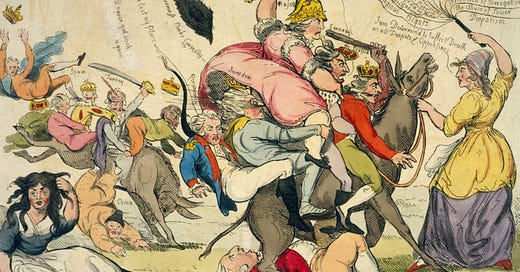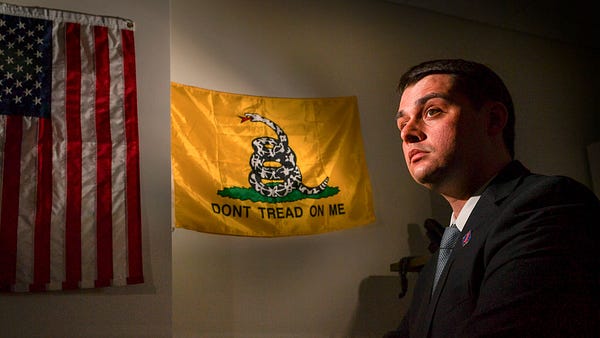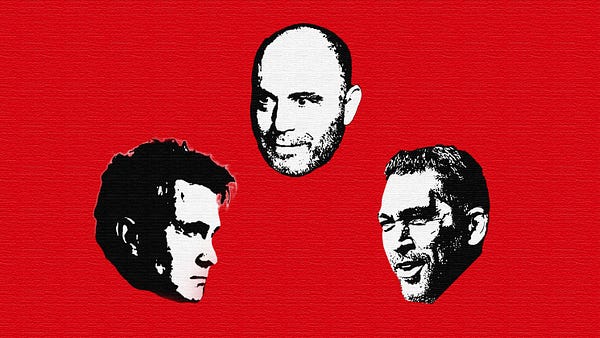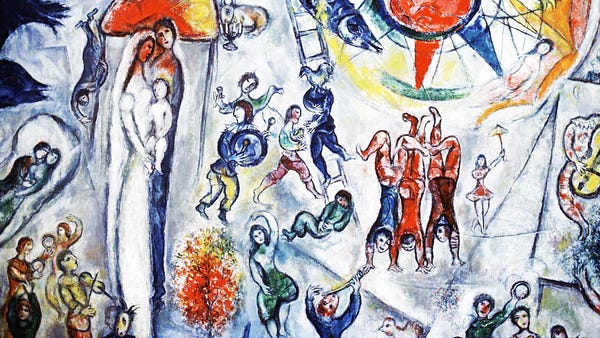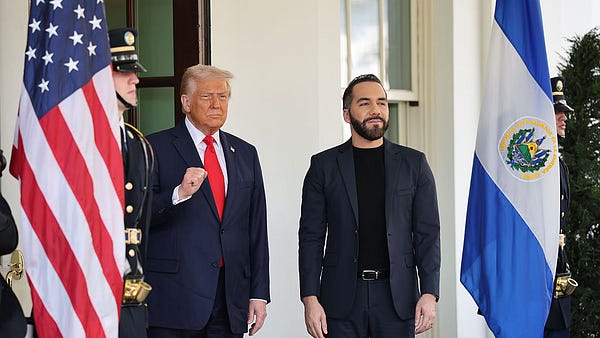
A fierce political conflict is raging over much of the democratic world. On one side we find the normies: ordinary people who defend, naively, the historic principles of democracy such as freedom of speech and assembly, the separation of powers, etc. On the other side stand the elites, masters of the great institutions of wealth, knowledge, and power, who insist that extraordinary measures must be taken to save a depraved and self-destructive society from its own history and its own people—that is to say, from the normies.
The elites are driven entirely by the impulse to control. They detest democracy, which keeps getting in their way, and much prefer a golden ideal they possessively call “Our Democracy”—their own rule in perpetuity. Individual rights are unfortunate legacies from a simpler era. The First Amendment, for example, they see as “hamstringing the government in significant ways.” By the way, that was Ketanji Brown Jackson talking, a Supreme Court justice whose job it is to defend the Constitution. Freedom of speech does hamstring government, that’s perfectly true—but only to the elites (who hate the sound of normie voices) is it a bad thing.
What is the conflict about?
The normies want to get on with life. They want to work, get married, have children—boring stuff. That’s what normal means.
The elites, for their part, wish to change everything: sex, the climate, our history, your automobile, your diet, even the straws with which you slurp your smoothie. For them there is no good and evil, no right and wrong, only oppressors and oppressed. Every transaction demands their intervention to protect designated oppressed groups. “Social justice” translates neatly into “elite control.”
The normies, by their very nature a disorganized crowd, fight back by pouring into the streets in frighteningly large numbers and electing politicians loathed by the elites, like Donald Trump in the U.S. and Javier Milei in Argentina. The elites, as creatures of hierarchy, are hyper-organized, and can summon to their side the established political parties, the national and transnational bureaucracies, and the activist class. They can get you from above (with government mandates) or from below (with the sloganeering mob) and would seem, therefore, to have all the advantages. Yet the conflict rolls on around the world, undecided, and it’s the elites, it seems to me, who have that frightened, desperate look.


